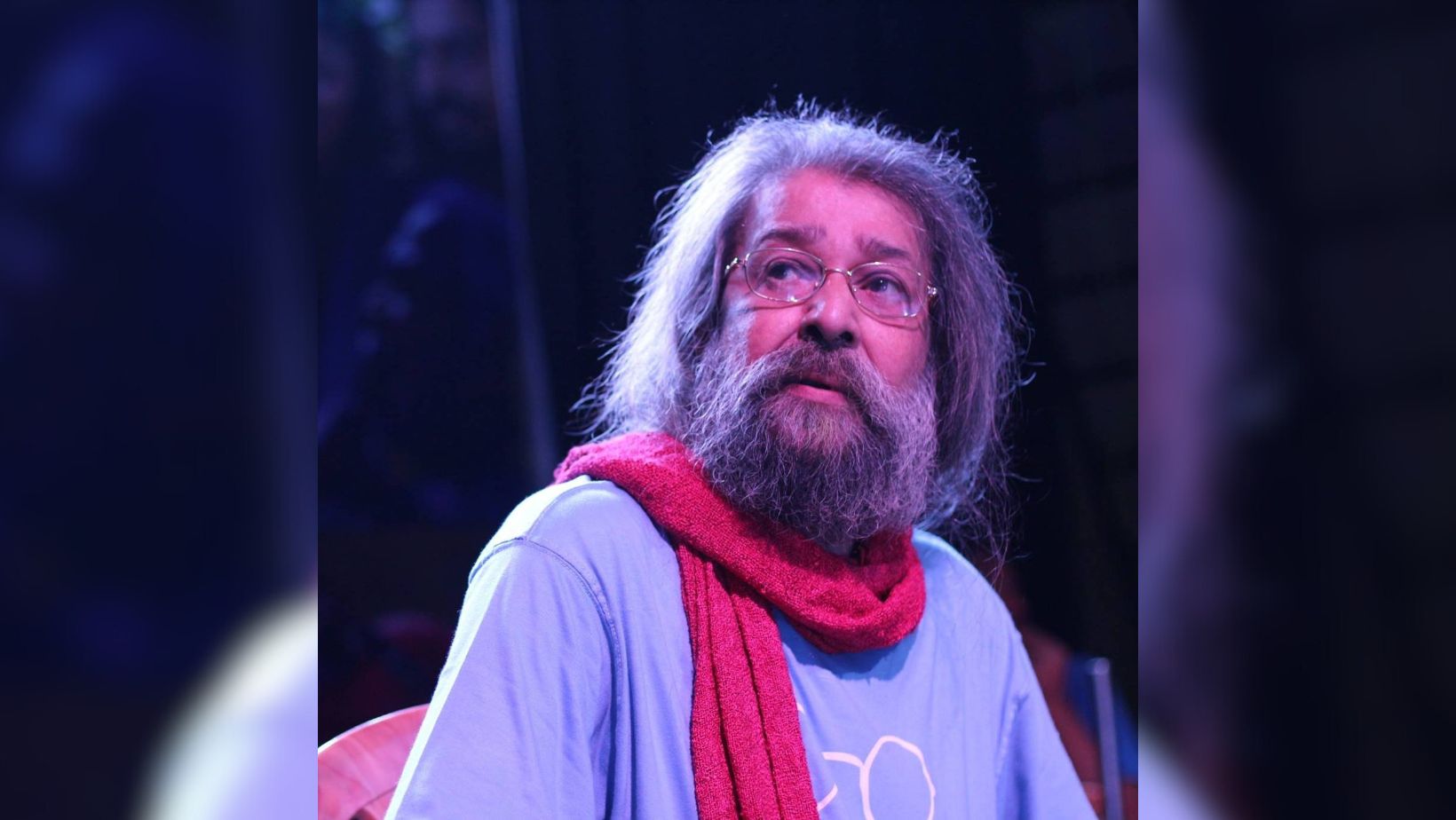Tapas Das: Getting to know 'Moheener Adi Ghora'

In the vibrant and diverse landscape of Bengali music, there are few bands that have left as indelible a mark as Moheener Ghoraguli. Formed in the 70s in Kolkata, Moheener Ghoraguli revolutionised the music scene by blending Western rock elements with Bengali folk, creating a unique sound that resonated with generations.
In the realm of Bengali rock music, there are few names as revered as Tapas Das. As a founding member of Moheener Ghoraguli, Tapas Das played a pivotal role in shaping the sound, direction, and cultural impact of the band. This article celebrates the musical prowess and artistic contributions of Tapas Das, shedding light on his instrumental role in revolutionising Bengali rock music and exploring his musical contributions, cultural impact, and his lasting legacy.

During the 1970s, Bengal was undergoing a tumultuous period of social unrest, with the Naxalite Movement and anti-establishment sentiments pervading the air. It was at that time, Moheener Ghoraguli emerged as the first-ever Bengali band, challenging the conventional music landscape. Tapas Das, along with his bandmates, fused Western influences with Bengali folk traditions to create a unique sound that revolutionised the traditional form of music.
This group of youngsters turned to music as a form of protest and expression during a time when many young men were picking up guns. 'Saptarshi' was the band's original name. Later, the name was changed to Moheener Ghoraguli in honour of a Jibanananda Das poem that served as inspiration.
Moheener Ghoraguli, led by Tapas Das and his bandmates, spearheaded the Bengali rock movement, introducing a fresh and innovative sound to the music scene. Das's compositions and arrangements showcased a perfect balance between Bengali folk melodies and Western rock aesthetics, creating a sound that captivated audiences and became an anthem for a generation hungry for cultural identity and social change. His musical versatility and command over multiple genres allowed Moheener Ghoraguli to experiment fearlessly, pushing the boundaries of what Bengali music could be.
Tapas Das's musical ingenuity and versatility were instrumental in revolutionising Bengali rock music. His ability to seamlessly fuse diverse musical styles and genres allowed Moheener Ghoraguli to create a distinct sonic identity that resonated with audiences far and wide.
Moheener Ghoraguli's impact on Bengali music cannot be overstated. They inspired a whole generation of musicians, shaping the contemporary music scene in Bengal. Their emphasis on cultural heritage, experimentation, and social consciousness paved the way for subsequent bands and artists to explore new musical horizons while staying rooted in their cultural identity. The band's songs continue to resonate with listeners today, their timeless quality serving as a testament to their enduring legacy.
With their fusion of Western rock and Bengali folk, they created a sound that challenged conventions, captivated audiences, and inspired a new generation of musicians. Their music went beyond entertainment, addressing social issues, cultural identity, and the search for meaning in a changing world. Moheener Ghoraguli's unique blend of music and social consciousness continues to influence and shape the Bengali music landscape, reminding us of the power of music to bridge cultures and ignite social change for generations to come.

Tapas Das's passion for social justice was deeply ingrained in his music and activism. Tapas Das's compositions with Moheener Ghoraguli captured the essence of the times in which they were created. His songs resonated with listeners, encouraging them to reflect on the socio-political realities of their time.
The band's music became a voice for the youth, addressing social issues, cultural identity, and the longing for change. Das's thought-provoking lyrics and poetic expressions resonated deeply with the listeners, reflecting the collective consciousness of a generation hungry for social transformation. Songs like "Prithibita Naki", "Ei Muhurte", "Chaitrer Kafan", and "Hay Bhalobashi" not only became anthems for the youth but also served as a catalyst for social awareness and reflection.
Das's impact extends far beyond his time with Moheener Ghoraguli, as his dedication to pushing musical boundaries, capturing the spirit of the times, and preserving cultural heritage has left an indelible mark on the Bengali music landscape, making Tapas Das a true trailblazer of the Bengali Rock Movement.




 For all latest news, follow The Daily Star's Google News channel.
For all latest news, follow The Daily Star's Google News channel. 

Comments